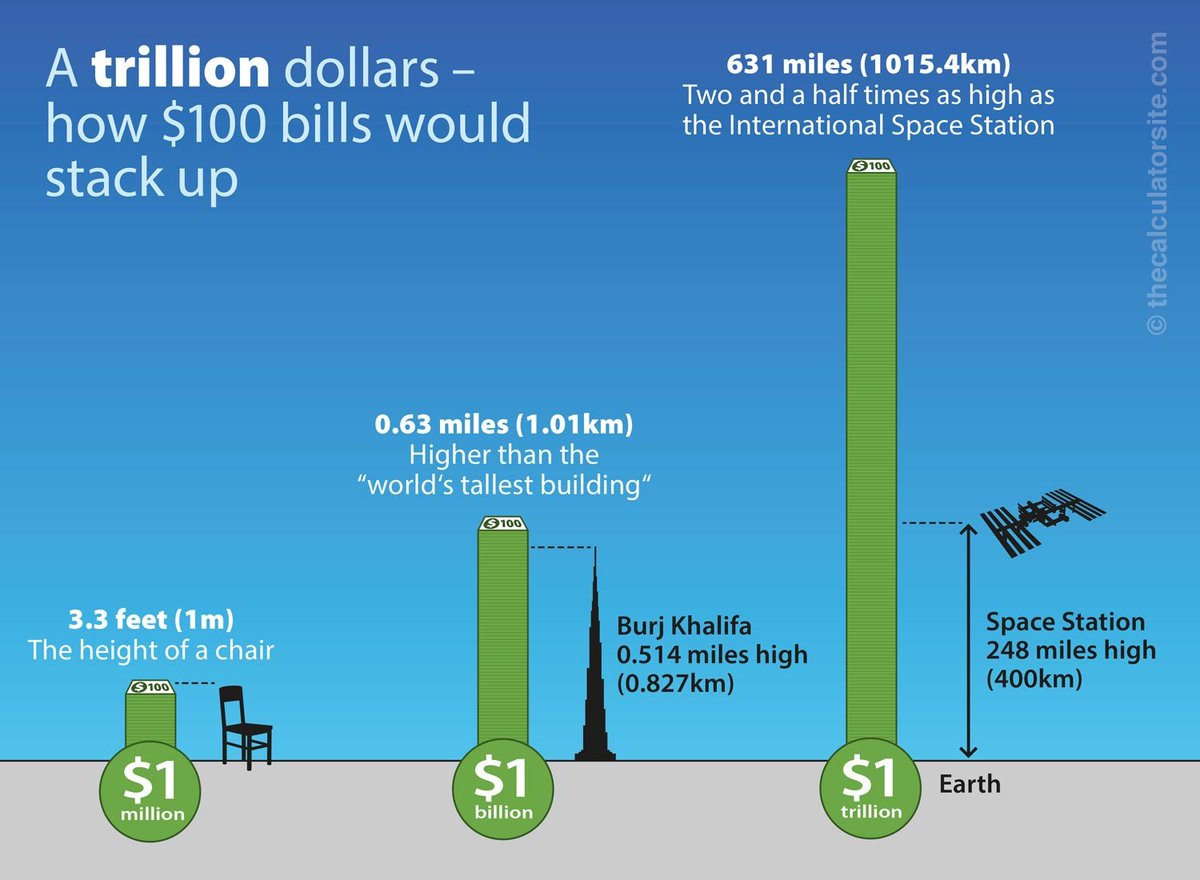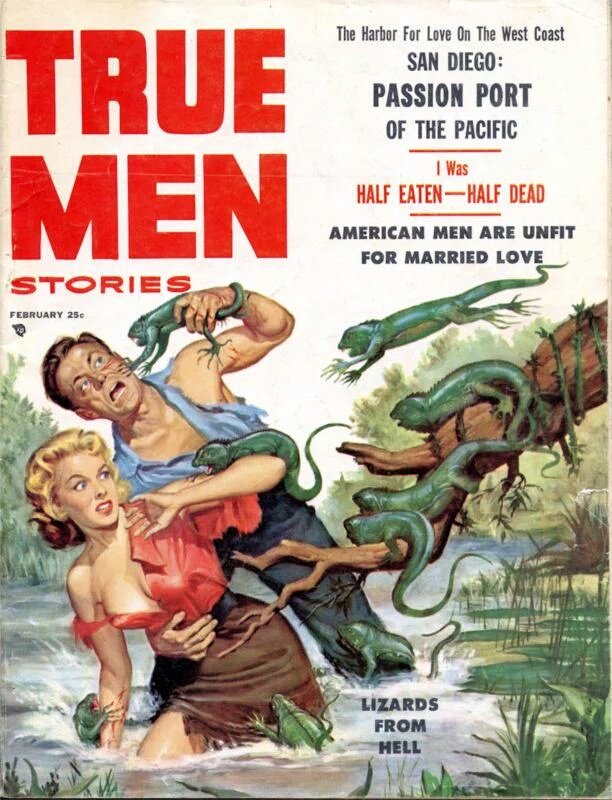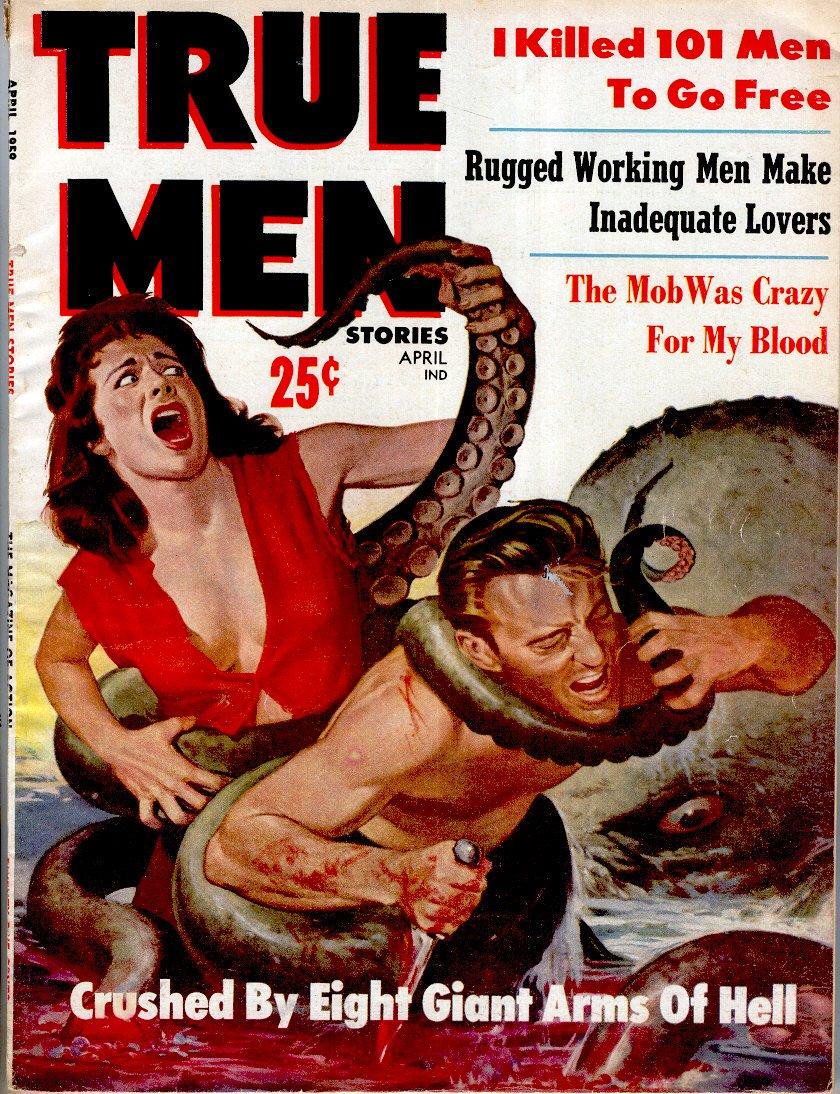...the least competitive advanced economy in the world. Don't forget -- we're no longer a trading partner of the EU, but its main trading rival, and considering both their population and economy is 7x bigger than ours, we don't stand a chance.
/2
(Remember Boris Johnson's famous mutterings about business...? Something that could only have been said by a man born into fabulous wealth and privilege...)
/3
But the big win for the EU has been in the sheer, gob-smacking, eye-watering amount of assets that have been stripped from the UK and moved to banks and financial institutions in Dublin, Paris, Frankfurt etc.
$1.6 trillion as of October this year.
That is an INSANE amount.
/4
I'll try to put it into perspective: $1.6 trillion is over half our entire GDP. It's 1/64th of the WORLD'S entire GDP. If you stacked it up in $100 bills, it would reach FOUR TIMES the height of the International Space Station.
/5
All gone. Handed over to the EU! I mean, cards on the table, I'd have much rather have stayed in the EU, but I don't love our European friends and neighbours *that* much!
https://t.co/6bOSSVJM4C /6
And before somebody says "money moves all the time"... not like this -- Barclays had to go to the High Court to shift their €190 billion of assets from London to Dublin. That's over 100 times more than what the UK's entire fishing industry is worth.
/7
And that's just one financial institution.
(This matter doesn't get much coverage by Britain's Brexit press... I wonder why...)
For the UK, the tangible benefits of Brexit have shockingly few and far between.
/8
Making our own trade deals with "the rest of the world" sounds great on the surface, but dig a little deeper and you'll see we only really make goods and services for affluent people, and the developing world, God love it, just isn't that affluent.
/9
The IMF lists just 39 nations with an "advanced economy" on their website. 30 of them are in Europe. Of the nine that remain, there are none in the whole of Africa, Latin America or the Caribbean. There are only five in the whole of Asia & the EU already has deals with them.
/10
Many of the countries we're actively seeking new trade deals with are countries that we give aid money to. It's a bit like running a charity shop where your only customers are the people that require the charity.
/11
Furthermore, Scotland (62% Remain) is eyeing the door and the border down the Irish Sea has been a huge psychological blow to Unionists in Northern Ireland... expect to see a border poll sooner rather than later.
/12
No serious commentator believes the UK will survive to the end of the decade, so unless you regard the break up of our 313 year Union as a benefit, I feel most Brits will be sorely disappointed by how things play out.
/13
But for the privately-educated millionaires who pushed this on us: Cummings, Farage, Johnson, Gove, Rees-Mogg etc... they'll be laughing all the way to the bank. Disaster capitalism has never been so profitable... no advanced economy has ever been so potty as to try it.
/14























